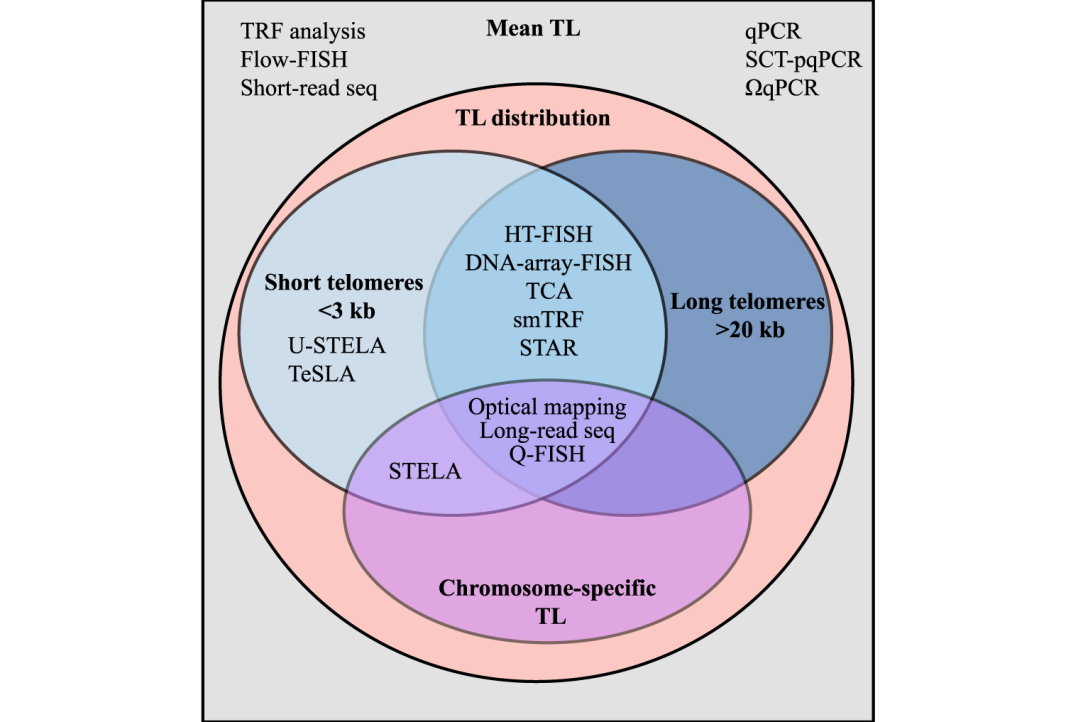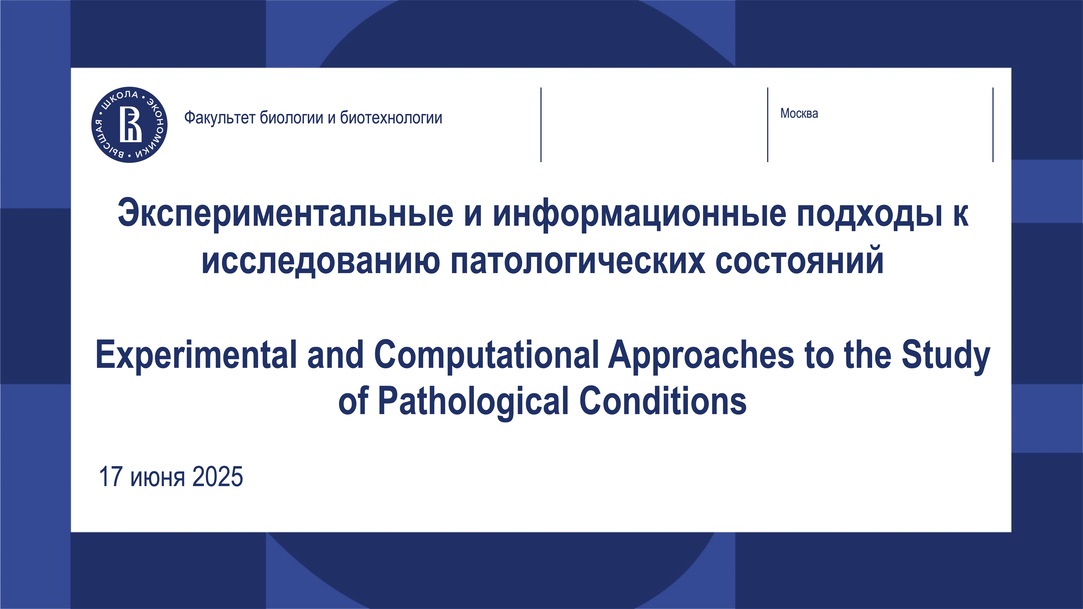News
A study conducted by researchers from the Laboratory of Molecular Mechanisms of Longevity, focusing on the role of the tumor microenvironment in triple-negative breast cancer, has been accepted for publication in the journal Current Drug Therapy. The work reveals new aspects of the interactions between tumor cells and their microenvironment

An article by laboratory researchers has been published in Progress in Lipid Research (impact factor 14.9), a leading international journal dedicated to research on lipids and metabolism. The paper, “Structure-guided dissection of the genetic variations within human LPA locus and its role in the development of cardiovascular diseases,” examines key genetic factors underlying cardiovascular risk

A review article by researchers of the Laboratory of Molecular Mechanisms of Longevity on modern approaches to telomere length measurement has been accepted for publication in the journal Frontiers in Molecular Biosciences
.jpg)
The Laboratory for the Study of Molecular Mechanisms of Longevity has put into operation a new portable sequencer, “Nanoporus”, based on nanopore sequencing technology. It enables the acquisition of long DNA and RNA reads without amplification or chemical modification of samples. The first application of the device focuses on decoding the genomes of ten industrial Lactobacillus strains used in cheesemaking, and the resulting data will serve as a basis for de novo assembly of complete genomes and the study of structural variations, expanding the laboratory’s capabilities in genomics, epigenetics and the molecular mechanisms of longevity

On 23–24 September, the session “Key Drivers for Building Sustainable Food Systems and Innovative Nutrition Models in the One Health Paradigm” was held at the National Centre “Russia” as part of the 5th International Conference “Quality and Safety of Food Products”. It brought together leading scientists and industry experts. Head of the Laboratory of Molecular Mechanisms of Longevity Maksim Shkurnikov and research fellow Ivan Antipenko delivered a compelling talk on five Lactococcus strains that became the focus of lively discussion.

The Laboratory of Molecular Mechanisms of Longevity at HSE University is developing a method to predict elevated lipoprotein(a) levels based on routine biochemical tests and machine learning. The use of existing medical data will enable the identification of cardiovascular disease risk groups without additional costs, thereby improving early diagnosis and personalized treatment

Young researchers from the Laboratory of Molecular Mechanisms of Longevity have taken part in a study of the microRNA profile in women with menopause‑related insomnia, identifying significant differences in the level of miR‑412‑5p. This microRNA and its targets may become a promising focus for developing new treatments for sleep disorders during menopause

The international conference “Experimental and Computational Approaches to the Study of Pathological Conditions” for HSE University students and postgraduates was held on 17 June 2025 at the Faculty of Biology and Biotechnology, HSE University

The conference was held on December 4-5, 2024 in the FGBNU “FSC food systems named after V.M. Gorbatov” RAS

M.Y. Shkurnikov spoke about the current projects of the laboratory and his vision of research development in the field of microfluidic technologies
